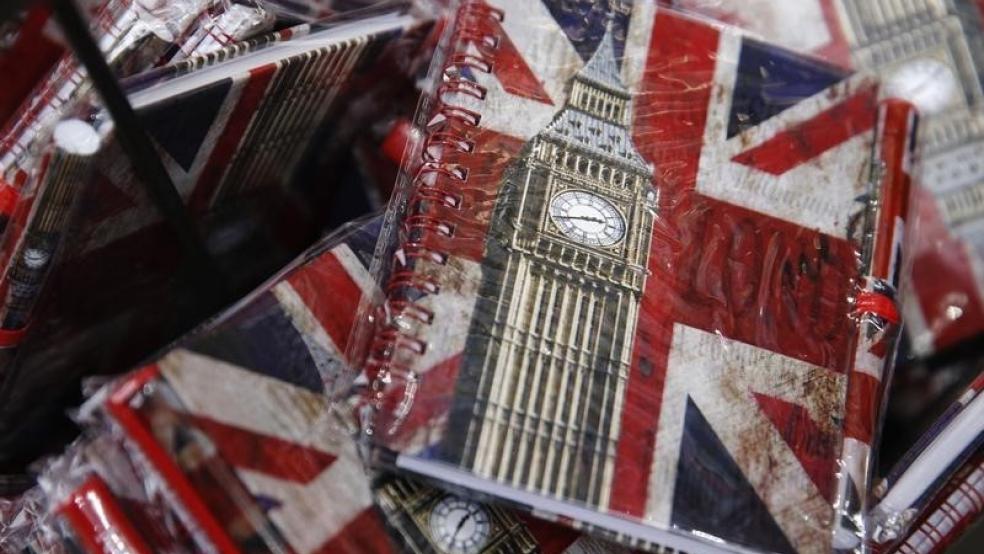Oops! Maybe they just wanted to make a point when 52 percent voted to leave the European Union. But the British voters did more than that:
- Investors (including public pensions, unions, and 401ks) have lost close to $3 trillion dollars so far.
- The pound continues its dumpster dive into the gutter.
- Scotland has threatened to leave the United Kingdom in favor of staying in the EU—if parliament goes ahead with the Brexit.
- The UK is in a leadership shambles.
- The divorce from the European Union now looks like England was caught in an errant love affair and they’re being kicked out of the house by the EU.
- Everyone from the London School of Economics to Goldman Sachs is predicting a recession in Britain and possibly beyond.
Related: Why Brexit Fears Are Far from Over for Investors
Now, many Brits have voters’ remorse and are hoping for a redo. Ironically, they may not need it, since the referendum is considered an advisory, not a mandate -- to parliament. For starters, more than 3,800,000 signed an online petition requesting a revote.
Also, not every citizen was able to vote. A story in The Spectator by an ex-pat living in Italy claimed, “There are an estimated 4.5 million British citizens living abroad (of whom 1.3 million are in the EU), according to the United Nations, and under that 15-year rule, as many as two million of them like me are denied a vote in the referendum. The British electorate totals 46 million, and so our expat vote might well have decided the matter.”
The New York Times laid out four ways Britons could undo their telltale Brexit.
Related: Brexit and Immigration: Where Trump Is Right – and Wrong
- Parliament could ignore it, since the referendum is not legally binding until the prime minister invokes the EU’s Article 50. Prime Minister David Cameron, who will resign in October, is leaving that detail to the next PM who is likely to be Boris Johnson, a Brexit proponent. But that was before the fallout.
- Scotland has veto power over the prime minister and parliament invoking Article 50. If parliament changes that law, the Scots will call for another referendum on their independence in order to remain in the EU.
- Parliament could call for a new referendum (revote). Maybe if you live across the pond or if you’re European you simply don’t believe in market research. That could be why the Danish had a redo 1992 and the Irish had redo’s in 2001 and 2008 on EU treaties. A poll last Saturday suggested that only one percent would be gained from the 4 percent differential. But that was before S & P and Fitch downgraded the UK by two notches, from AAA to AA. And why should anyone trust a British poll, given the results before the Brexit?
- The UK has 2 years to negotiate terms with the EU, according to Article 50. What if free trade was negotiated (similar to Norway’s deal, which is included in its common market and open borders plan)? The downside is that parliament would not have a vote and would still have to pay a hefty membership fee.





